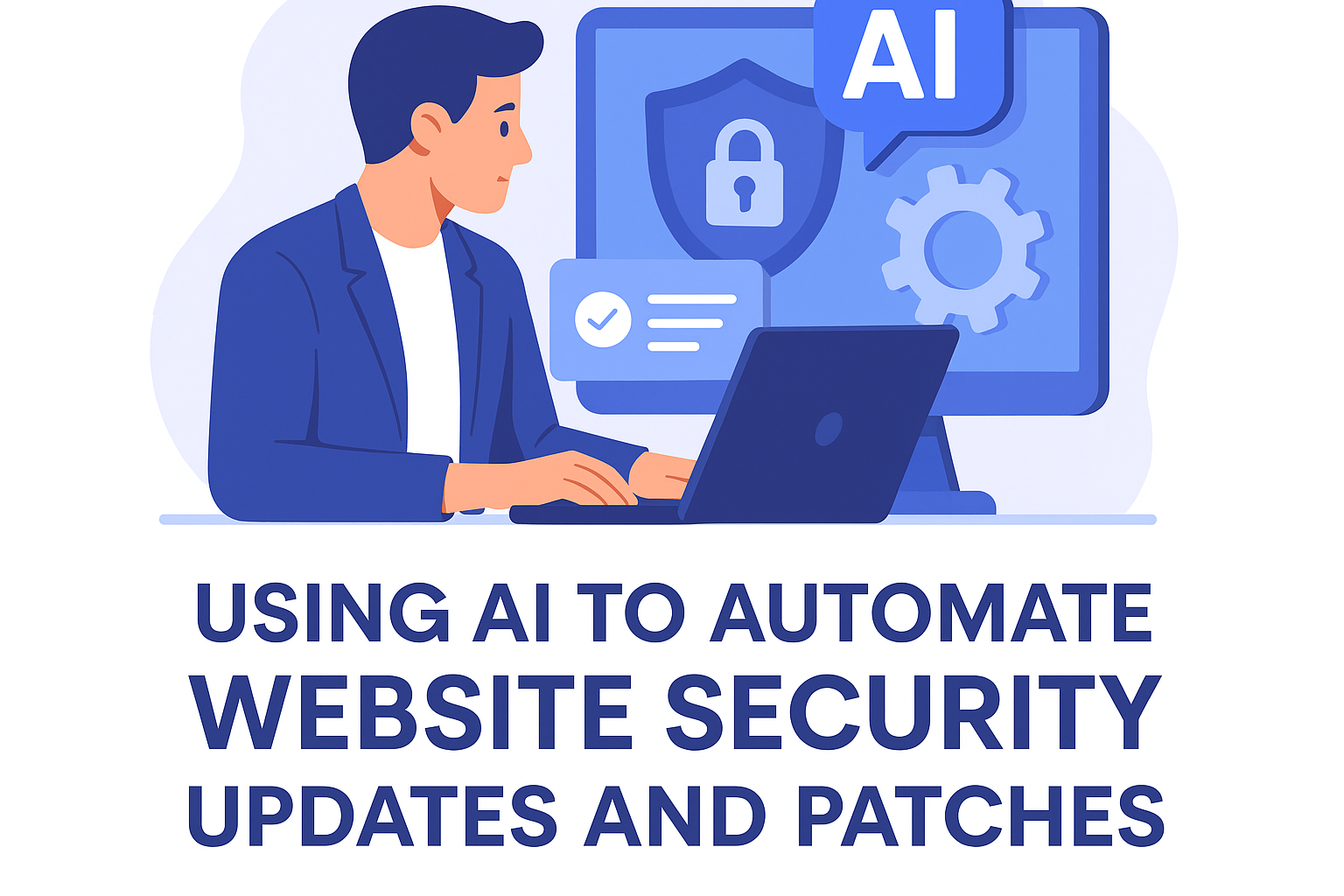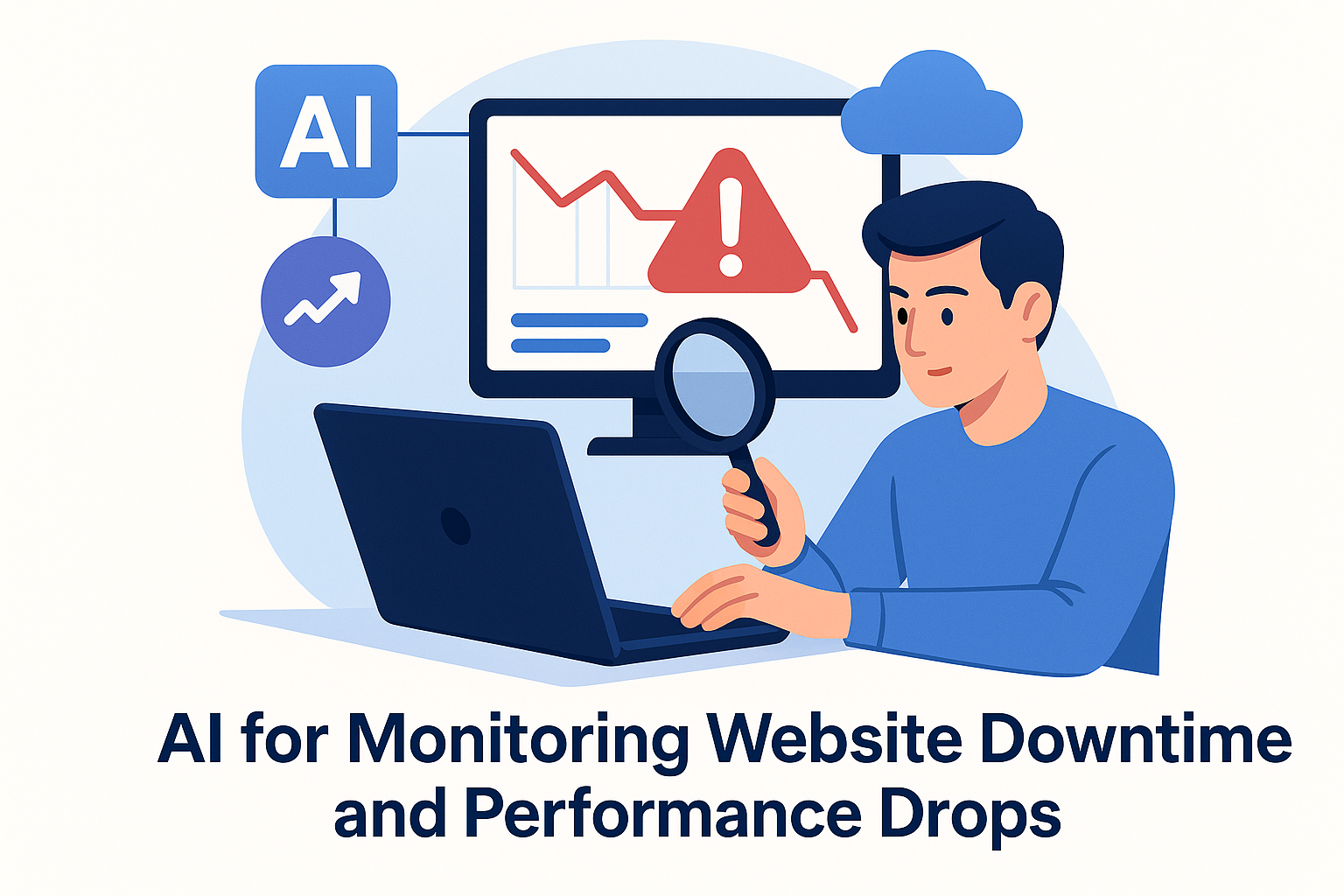Search engines no longer just scan content for keywords—they understand the meaning behind it.
This shift is driven by Natural Language Processing (NLP)—a powerful AI technology that allows Google and other search engines to interpret text like a human would.
For DIY marketers and content creators, understanding NLP is now essential to ranking well in 2025 and beyond.
In this guide, you’ll learn:
- What NLP is and why it matters for SEO
- How Google uses NLP in algorithms like BERT and MUM
- How to optimize your content using NLP principles
- How DIYSEO GPT and DIYSEO AI Writer apply NLP to help you rank higher
- How DIYSEO Link Marketplace complements NLP-based content with authority signals
What Is Natural Language Processing (NLP)?
Natural Language Processing is a branch of artificial intelligence that enables computers to understand, interpret, and generate human language.
In SEO, NLP helps search engines:
- Understand context and user intent
- Analyze sentence structure, grammar, and tone
- Identify relationships between entities (people, places, topics)
- Distinguish high-quality, helpful content from fluff or keyword spam
In short: NLP allows Google to reward content that reads naturally, answers questions, and demonstrates topical relevance.
How Google Uses NLP in Its Ranking Algorithms
1. BERT (Bidirectional Encoder Representations from Transformers)
Rolled out in 2019, BERT allows Google to understand the full context of a word by analyzing the words that come before and after it.
Implication: Exact-match keywords are no longer necessary. Content that naturally answers user questions performs better.
2. MUM (Multitask Unified Model)
Launched in 2021, MUM goes even further. It understands language across 75+ languages, interprets images and video, and connects concepts for complex queries.
Implication: Google can now synthesize diverse sources to answer layered search queries—so your content must demonstrate depth and semantic coverage.
Why NLP Matters for Content SEO
Search engines now rank content based on:
✅ Clarity and relevance of language
✅ Use of semantically related terms
✅ Alignment with user intent
✅ Helpful, human-like structure
✅ Rich answers to common questions
If your content doesn’t align with NLP expectations, it won’t perform—no matter how good your keywords are.
Step 1: Use DIYSEO GPT to Analyze Content Through an NLP Lens
Prompt:
“Analyze this article using NLP best practices. Identify missing semantic phrases, unnatural language, and unclear sentence structures.”
DIYSEO GPT evaluates your content for:
- Readability and syntactic structure
- Keyword context (not just frequency)
- Entity recognition (brands, locations, products)
- Overuse of generic phrases
- Missed opportunities to insert related terms
This analysis helps you align your content with Google’s understanding, not just its index.
Step 2: Use DIYSEO AI Writer to Generate NLP-Optimized Content
Prompt:
“Write a 1,500-word article on [topic] that uses natural language, includes LSI keywords, and answers multiple intent layers.”
DIYSEO AI Writer creates content that:
- Incorporates semantic richness
- Adopts a conversational tone appropriate for your audience
- Structures information into digestible chunks (great for NLP parsing)
- Automatically includes FAQs and summaries
- Enhances UX while improving machine interpretability
This ensures your articles are ready for how Google evaluates language in 2025.
Step 3: Optimize for Entities, Not Just Keywords
Google now cares more about entities than exact phrases.
What is an entity?
An entity is a unique concept such as:
- “Tesla” (company)
- “Elon Musk” (person)
- “Electric vehicle” (category)
Prompt:
“List important entities for the topic ‘sustainable fashion’ and suggest how to incorporate them naturally into an article.”
DIYSEO GPT will suggest relevant entities and show how to embed them naturally, improving:
- Topical depth
- Contextual trust
- Content positioning within Google’s Knowledge Graph
Step 4: Add FAQs and Featured Snippet Triggers
FAQs and conversational content align well with NLP algorithms trained on Q&A formats.
Prompt:
“Generate 5 NLP-optimized FAQ questions and answers for this topic. Format them for rich snippet eligibility.”
DIYSEO AI Writer will:
- Include concise, structured answers
- Use natural question phrasing (e.g., “How do I…?” vs. “SEO audit checklist”)
- Format answers for Google’s featured snippet logic
These elements increase your chances of ranking in position zero.
Step 5: Monitor NLP Signals and Suggestions Over Time
Prompt:
“Track changes in keyword context, entity coverage, and snippet appearances across my top 10 content pages.”
DIYSEO GPT helps you monitor:
- What questions your pages are being shown for
- Which pages are ranking for featured snippets
- Whether NLP-related changes (headings, FAQs, reworded intros) impact bounce rate or engagement
- Where your content needs further contextual depth
Bonus: Strengthen NLP-Aligned Content with External Links
Once your content aligns with NLP expectations, backlinks add the authority you need to rank.
DIYSEO Link Marketplace allows you to:
- Find niche-specific publishers to reinforce entity context
- Earn anchor text variety without keyword stuffing
- Secure dofollow links to featured snippet-winning content
- Support pillar pages and content clusters with contextual link juice
When your content speaks the language Google understands and has the authority to back it up—you win.
AI-Driven NLP Optimization Workflow
| Task | Tool | Outcome |
|---|---|---|
| NLP audit of current content | DIYSEO GPT | Identify gaps, repetition, and unnatural flow |
| Write or rewrite content using NLP | DIYSEO AI Writer | Generate clear, relevant, semantically rich articles |
| Add structured FAQs | DIYSEO AI Writer | Improve visibility and user value |
| Expand with semantic and entity depth | DIYSEO GPT | Ensure content aligns with BERT/MUM-style processing |
| Monitor for performance | DIYSEO GPT | Optimize based on actual user behavior |
| Boost content with links | DIYSEO Link Marketplace | Strengthen NLP signals with authoritative backlinks |
Real-World Example: NLP-Driven SEO Turnaround
Business: Financial advice blog targeting long-tail personal finance topics
Problem: Stagnant traffic despite frequent publishing
Audit via DIYSEO GPT revealed:
- Keyword-heavy but shallow posts
- No semantic variation or entity mentions
- Missed snippet opportunities
Fixes:
- Rewrote content with DIYSEO AI Writer using conversational NLP style
- Added related terms (e.g., “retirement savings,” “401k options,” “IRA contribution rules”)
- Inserted FAQ schema
- Built 10 backlinks to pillar content using Link Marketplace
Results:
- 5 articles ranked in the top 5 positions
- 2 articles earned featured snippets
- 80% increase in organic traffic over 60 days
- 41% improvement in session duration
Final Thoughts
The future of SEO is about understanding and context, not just keywords and volume.
Natural Language Processing has reshaped how Google analyzes content—and if you want to win in organic search, you need to write in a way both users and algorithms understand.
With DIYSEO GPT, you can audit and restructure your content for NLP alignment. With DIYSEO AI Writer, you can generate semantic-rich articles at scale. And with DIYSEO Link Marketplace, you can give those articles the trust signals they need to rank.
Let AI help you speak Google’s language—naturally.
Frequently Asked Questions
1. What is Natural Language Processing (NLP) and how is it relevant to SEO?
Natural Language Processing (NLP) is a critical field within artificial intelligence that focuses on the interaction between humans and computers using natural language. When it comes to SEO, NLP plays a pivotal role in how search engines understand and interpret content. The relevance of NLP to SEO is centered on its ability to process human language in a way that algorithms can comprehend, which directly impacts how content is ranked on search engine results pages (SERPs). Traditionally, SEO relied heavily on keyword optimization; however, as search engines like Google have incorporated NLP, they now have the enhanced capability to understand the context and semantic meaning behind search queries.
For instance, NLP techniques enable search engines to recognize synonyms, contextually relevant terms, and the intended meaning behind ambiguous queries. This level of understanding means content creators are encouraged to write more naturally and provide value-driven content that aligns with searcher intent, rather than focusing purely on matching keyword phrases verbatim. The ultimate goal of integrating NLP into SEO is to ensure that users receive the most relevant answers to their queries, making their search experiences more efficient and effective.
2. How does NLP impact keyword strategies in content SEO?
NLP influences keyword strategies by shifting the focus from individual keywords to broader topical relevance and context. As search engines apply NLP techniques, they develop a better understanding of language intricacies and user intent, leading to a de-emphasis on exact keyword matching. Instead, there is a stronger push towards crafting content that covers a topic comprehensively and naturally incorporates a range of related terms.
Keywords remain important, but the emphasis is on integrating them in a meaningful way that resonates with human readers. This involves using a variety of keywords and phrases that are semantically related to the primary theme. Latent Semantic Indexing (LSI) keywords, synonymous expressions, and contextually relevant subtopics all play a role in strengthening a page’s relevance for a given topic.
With NLP, it’s also crucial to consider the intent behind the keywords used. Are users looking for information, solutions, or services? Understanding this can guide the development of content that is designed to satisfy the user’s expectations and provide them with the information they seek. Ultimately, an NLP-influenced keyword strategy aims to align more closely with how users think and express their search queries, ensuring that content is discoverable in a natural, user-friendly manner.
3. What role does NLP play in improving search engine results?
NLP significantly enhances search engine result quality by improving the engine’s ability to interpret and understand content’s context and user intent. Traditionally, search engines ranked results largely based on keyword density and backlink counts. However, the integration of NLP has transformed this approach by enabling more nuanced comprehension of language, which profoundly affects ranking methodologies.
The primary way NLP achieves this is through context disambiguation. It helps search engines distinguish between different meanings of words based on the surrounding text, thereby refining the search results to better match user intent. For example, if a user searches for the word “bank,” NLP aids the search engine in determining whether the user is looking for a financial institution or a riverbank, based on the contextual clues from the rest of the query or the user’s search history.
Moreover, NLP contributes to the development of advanced algorithms like Google’s BERT (Bidirectional Encoder Representations from Transformers). BERT improves how search engines process user queries by interpreting the nuanced relationships between words rather than analyzing each in isolation. This leads to search results that are more aligned with user expectations, providing a more satisfying and effective search experience.
In essence, NLP is instrumental in refining how search engines deliver results, focusing less on raw data points and more on the semantic understanding of language, making search outcomes dynamically more relevant and tailored to individual user needs.
4. Can NLP enhance content generation for SEO purposes?
NLP has remarkable potential to enhance content generation by optimizing the writing process and delivering content that is more aligned with what search engines deem valuable. Through the use of AI and NLP technologies, content creators can analyze large volumes of data to identify trending topics, uncover gaps in existing content, and discover content opportunities that cater to user needs.
By leveraging NLP, tools can generate summaries, headlines, and meta descriptions that are optimized for SEO by seamlessly integrating relevant keywords and topics naturally. This process not only saves time but also ensures consistency in content quality across articles and blog posts. Additionally, NLP-driven tools can assist in examining the competitive landscape, helping content creators understand how to differentiate their content and make it more appealing to both users and search engines.
Furthermore, by enabling more sophisticated topic modeling and entity recognition, NLP supports the creation of content that covers a topic thoroughly, enhancing its value and relevance. This comprehensive approach helps to position content as an authoritative source on a given topic, which is recognized and rewarded by search engine ranking algorithms.
Overall, NLP technologies assist writers in creating content that meets user expectations and adheres to search engine criteria, making it a powerful ally in the quest for impactful and effective SEO.
5. How can businesses leverage NLP for better SEO outcomes?
Businesses can leverage NLP to enhance SEO outcomes by adopting several strategic approaches that harness the full capabilities of NLP technologies. Here’s a closer look at some practical ways businesses can integrate NLP:
1. Content Optimization: Using NLP tools to perform sentiment analysis and determine the emotional tone of content. Understanding users’ emotional responses can guide businesses in crafting content that resonates with their audience, ultimately leading to increased engagement and better SERP positioning.
2. Voice Search Optimization: With voice search on the rise, NLP plays a crucial role in adapting content for natural, conversational language that aligns with how users verbally interact with search engines.
3. Enhanced Search Analysis: By employing NLP-driven analytics tools, businesses can glean insights into how their audience uses language and phrasing, allowing for the fine-tuning of content alignment with search intents.
4. Chatbot and Virtual Assistant Integration: NLP enables the creation of intelligent chatbots that understand user queries in natural language, providing immediate, relevant answers and enhancing user experience while concurrently driving traffic.
5. Local SEO Enhancement: NLP helps in recognizing geographical language nuances, enabling businesses to optimize their content and meta-data for local search queries, making them more competitive within local markets.
By judiciously incorporating these strategies, businesses can effectively leverage NLP to increase their SEO success, ensuring their online presence continues to grow and evolve with the ever-changing digital landscape.



